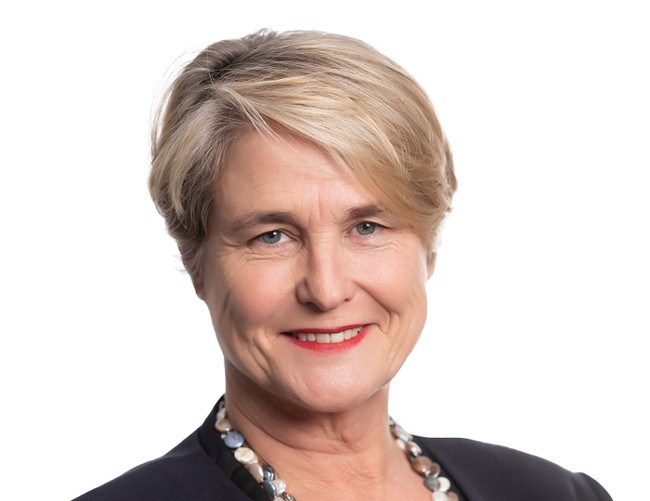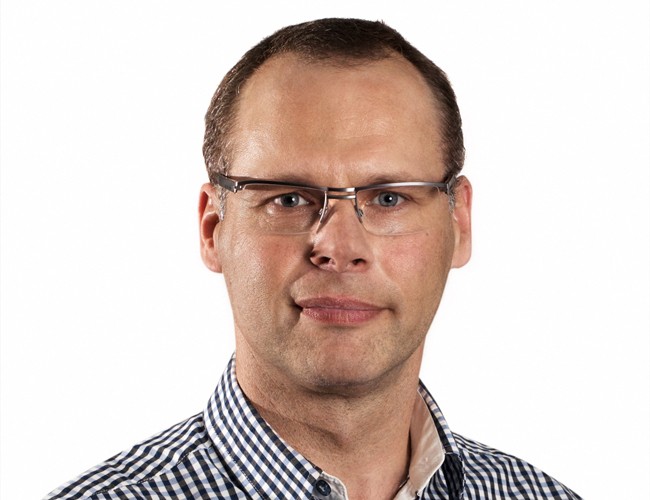As the digital economy moves at warp speed, staying across technology developments is essential for boards. Two members of AICD’s Governance of innovation and Technology Panel outline how they keep pace.

Louise McElvogue FAICD
Strategy and digital adviser; non-executive director, Cluey Learning, Healthdirect and HALO Technologies; co-curator of UTS Business School’s first online-only Master’s degree; Master of Digital Marketing
“Twenty years ago, I was a business journalist in the US writing about media and entertainment. In the late 1990s, I spent a lot of time writing about digital technology for a business audience and learning how it worked. “By 2000, I was working for a strategy and technology startup in London. We built the first websites for companies such as McDonald’s and British Gas. I led an international customer experience team, which encompassed design, user testing and product. Our job was to figure out how business could leverage digital to serve customers and we were the translator between the business, the technologists and the customer.
“I worked on two of the first video-streaming services for broadcasters in the UK. Having that customer lens taught me a lot about following the data and being nimble enough to test new directions while designing a service.
“My different boards have led me into new areas like cyber, edtech, healthtech and fintech. “I consume a lot of content. I listen to tech and business podcasts, read newsletters and the business journals from places like Harvard. “Many venture capitalists produce great content and following people on Twitter on subjects of interest to you is a great way to curate a relevant feed.
“I’m pretty curious and when I don’t understand something, I read, attend webinars and ask questions. I’ve dipped into lots of courses to help me understand concepts and language — like CS50x, Harvard University’s entry-level computer course, which teaches you how to think algorithmically and Elements of AI from the University of Helsinki. Being able to ask the right questions about technology is as important as being able to query the financials, and directors are hungry for digital smarts.”

Tibor Schwartz GAICD
Alternate director, Lochard Energy; senior adviser Asset Management to QIC, whose role includes working with QIC Global Infrastructure, currently with $25 billion under management
“A foundation in STEM is necessary to comprehend the evolving world of technology, as without it, it would be difficult to understand the important trends in technology shaping the world. I have a background in physics and science and was fortunate to work in the telecoms industry, spanning five generations of mobile devices that became omnipresent in our lives.
My moment of realisation of the power of digital technologies was around the time of ‘always on’ connectivity enabled by the third generation of mobile technology around 2003.
“At QIC, my focus is on supporting asset management by adoption of sustainable technology innovation for existing direct investments, as well as supporting new investment areas, including disruptive technology consideration for infrastructure investments.
“Digitalisation has such a strong influence across every business and sector of the economy. I engage with entrepreneurs who bridge the world of technology and commercial applications, as well as sophisticated investors into technology companies and incubators. Having a diverse engagement model is important and it should also include engagement with academic institutions to understand the key R&D activities.
“I digest technology publications such as MIT Technology Review, and I actively learn from my older sons, who work in virtual reality, AI and quantitative technology in financial markets. The only way to stay relevant in this space is to be prepared to learn and keep changing.”
Latest news
Already a member?
Login to view this content


